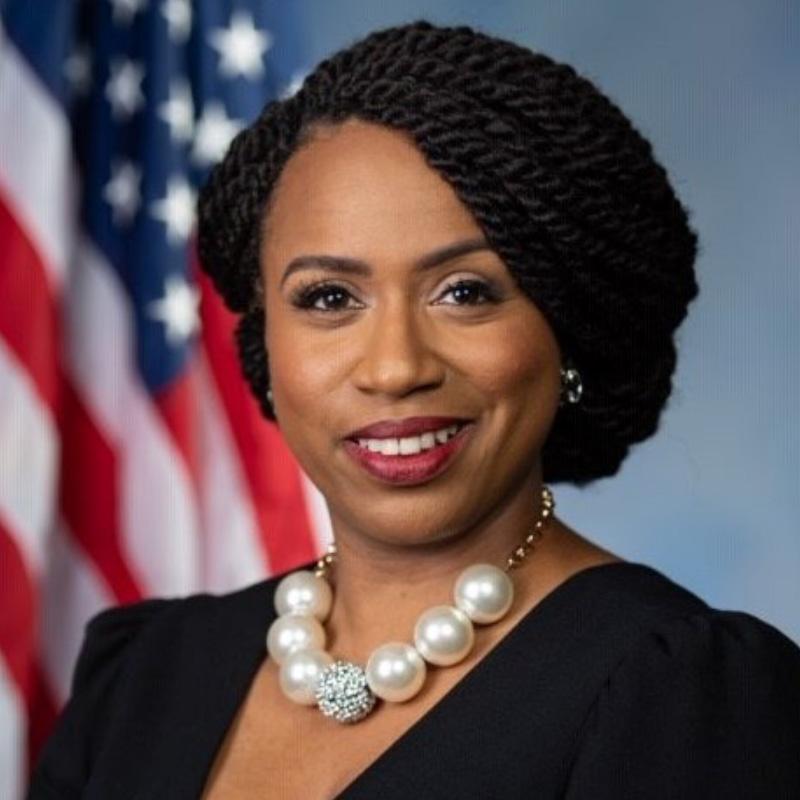
2 minute read
Women in Washington
Women in Washington By hadassah solomson Women in Washington K nown simply as “The Squad” the self-titled members of the U.S. House of Representatives, Ilhan Omar, Rashida Tlaib, Ayanna Pressley and Alexandria Ocasio Cortez have certainly made a name for themselves within congress, the country, and the media at large. Elected in 2018, Ilhan Omar is the first Somali-American, and one of the first two Muslim women (along with fellow squad member Rashida Tlaib) to serve in Congress. A member of the Congressional Progressive Caucus, which touts its “Progressive Promise-Fairness for All” agenda, Omar proudly advocates for universal healthcare, and the abolishment of Immigration and Customs Enforcement (ICE), which she views as a “militarized, brutal, and unaccountable” entity according to a July 2, 2018 tweet.
Elected as U.S. Representative for Michigan’s 13th Congressional district, Rashida Tlaib became the first Palestinian-American woman in Congress after winning her election unopposed. Tlaib is a member of the Democratic Socialists of America which seeks to radically transform societal structures such as the government and the economy in order to create a more just society through greater economic and social democracy.
Advertisement

With her campaign slogan, “Change Can’t Wait”, Ayanna Pressley is the first black woman elected to Congress from Massachusetts, currently serving as the U.S. Representative for Massachusetts 7th Congressional District.
After defeating the chair of the Democratic Caucus, Joe Crowley, in the primary, Alexandria Ocasio-Cortez went on to be elected as the US Representative for New Yorks’ 14th congressional district. Also a member of the Democratic Socialists of America, Ocasio-Cortez views her election as a mandate for her progressive platform headlined by the Green New Deal.
After posting a picture of herself, Omar, Tlaib, and Presley on Instagram, with the caption, “Squad” Ocasio-Cortez’s label has come to define these women who are redefining what it means to be a progressive politician in today’s political climate.
Many see these four women as long-awaited voices for historically marginalized communities.
While some have hailed their policies and political stances as the inevitable future of the democratic party, not everyone is quite as enthusiastic about what their success signals for the caucus. Since joining Congress, the squad has clashed with more moderate, mainstream democratic personalities like House Speaker Nancy Pelosi over issues such as the emergency border funding bill.
In an article published by the New Yorker entitled, The Pelosi-versus-Squad Paradigm, American historian, Rick Perlstein uses their disagreement to define a broader trend within the democratic party: namely, the fundamental conflict between the establishment liberals and the more radical progressive wing. According to Perlstein, Pelosi conceives of herself as a consensus builder -- an integral component of advancing the liberal agenda within a divided congress. Meanwhile the so-called squad sees compromise as complicity and demands total denunciation of any policy that violates their precepts.
Whether the squad is the future or merely a passing fad, only time will tell.












